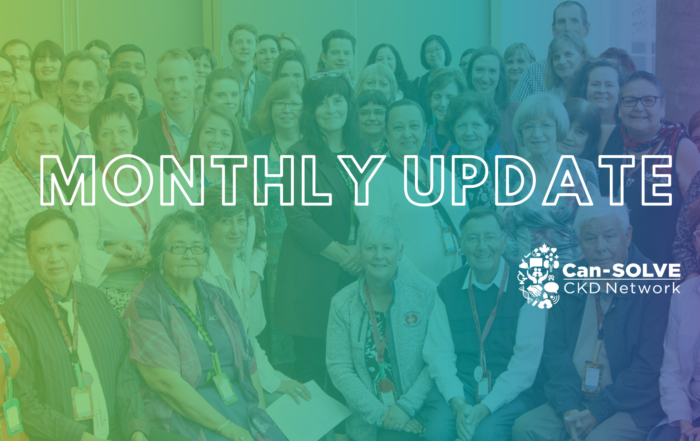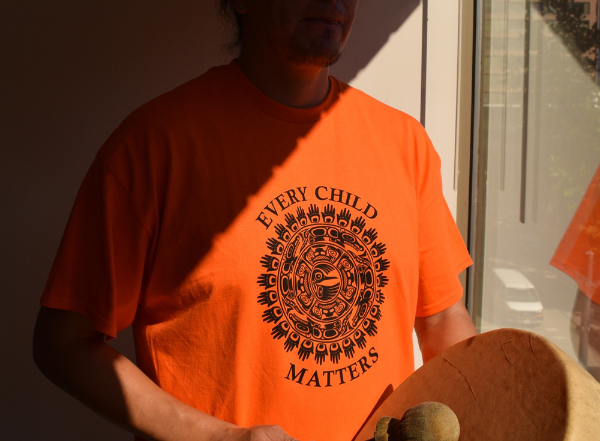 Each year, World Kidney Day offers an opportunity to reflect on the global impact and human toll of chronic kidney disease. There is no question the numbers are striking: roughly 850 million individuals worldwide are affected by kidney disease, including four million Canadians.
Each year, World Kidney Day offers an opportunity to reflect on the global impact and human toll of chronic kidney disease. There is no question the numbers are striking: roughly 850 million individuals worldwide are affected by kidney disease, including four million Canadians.
But there is cause for hope – if kidney disease is detected early, treatment can slow progression and reduce the need for complex interventions such as dialysis and transplantation. And for many individuals, it is possible to prevent kidney disease by managing risk factors such as diabetes, hypertension and diet. Prevention and early detection are at the heart of this year’s World Kidney Day campaign, which stresses the importance of strategies to avert the onset and progression of kidney disease.
For those living with kidney disease and those at risk, hope can come in the form of research. Can-SOLVE CKD is proud to be leading 18 patient-oriented research projects that will improve kidney health through better prevention, diagnosis, treatment, and care. A key focus of the network’s research program is identifying kidney disease earlier and supporting those who are at highest risk. Below are just a few examples of our work in this critical area – check out the full list of our research projects to learn more.
The Canadian Glomerulonephritis Registry is creating a national data platform to track DNA and biological samples from volunteers. The team will look for specific genes and proteins that can help predict disease progression and will study treatment strategies tailored to a patient’s individual needs. The project has recruited more than 100 patients, making it the largest glomerulonephritis study ever conducted in Canada. Read more
Kidney Check will transform early detection of kidney disease in rural and remote Indigenous communities across British Columbia, Alberta, and Manitoba. Health care teams will travel to remote communities to conduct point-of-care screening for chronic kidney disease and its risk factors, including diabetes and high blood pressure. Test results will be shared with participants in real time and each person will receive a treatment plan tailored to their individual risk. Read more
The Kidney Failure Risk Equation is a simple formula developed by University of Manitoba researchers that provides an accurate estimate of a person’s risk of progression to end-stage kidney disease. A large-scale study supported by Can-SOLVE CKD is currently evaluating the equation in clinics across Alberta and Manitoba, with the goal of improving primary care physicians’ ability to identify which patients are at high risk of kidney failure. Read more



Connect with us